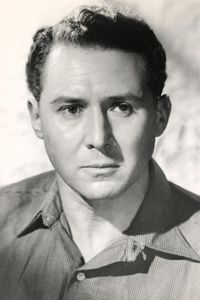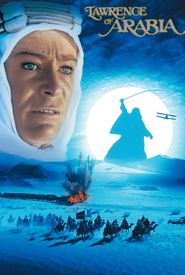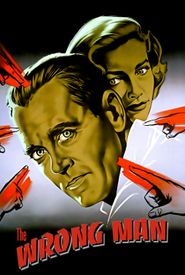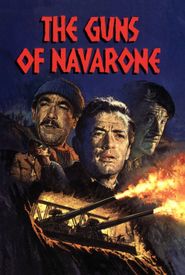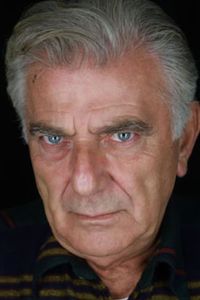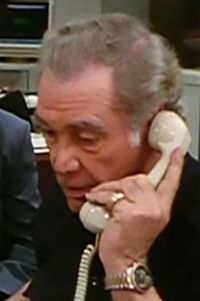Anthony Quayle was born in September 1913 in Ainsdale, Southport, Lancashire, England, a small town that would later shape the early years of his life. He completed his education at Rugby School, a prestigious institution known for its academic excellence, and later attended the Royal Academy of Dramatic Art (RADA) for a brief period. However, his true passion lay in the world of theatre, and he made his stage debut in 1931 as the straight man in a music hall comedy act. Standing tall at over six feet, with a round face and a powerful, resonant voice, Quayle quickly gained the attention of Tyrone Guthrie, a renowned stage director who mentored him early on in his career.
Letters of introduction led to steady employment with the Old Vic Company by September 1932, where he began to take on small roles in classical parts. His reputation as an actor grew steadily, and by 1936, he had appeared on Broadway opposite Ruth Gordon in 'The Country Wife.' For the next few years, he consolidated his position as a Shakespearean actor, playing iconic roles such as Petruchio and Falstaff.
When World War II broke out, Quayle was among the first in his profession to enlist, serving with the Royal Artillery and rising to the rank of major. Some of his wartime experiences, including coordinating operations with Albanian partisans, would later influence his fictional screen exploits as incisive army officers or spies. After the war, he published two novels, 'Eight Hours from England' and 'On Such a Night,' before returning to the stage.
In 1946, Quayle made his debut as a theatrical director with a London production of 'Crime and Punishment.' Between 1948 and 1956, he had a distinguished tenure as director of the Shakespeare Memorial Theatre in Stratford-upon-Avon, bringing in some of the biggest stars of the stage, including Laurence Olivier and John Gielgud. Though acting in films from 1938, the theatre remained his favorite medium, and he played a wide range of roles with great intensity and professionalism.
Quayle's film career was marked by his ability to portray tough, dependable authority figures, often playing historical figures such as Commodore Harwood in 'Pursuit of the Graf Spee' and the enigmatic Afrikaner captain in 'Ice Cold in Alex.' He also appeared as the stuffy, by-the-book Colonel Harry Brighton in 'Lawrence of Arabia.' Due to his classical training, Quayle was often used in historical epics, giving one of his best performances as Cardinal Wolsey in 'Anne of the Thousand Days,' earning him an Academy Award nomination.
In addition to his work in film, Quayle was a prolific voice actor, narrating documentaries such as 'The Six Wives of Henry VIII' and appearing on radio in a variety of productions, from 'The Ballad of Robin Hood' to Edgar Allan Poe's 'The Purloined Letter.' The year prior to receiving his knighthood, Quayle founded the touring Compass Theatre Company, and served as its director until a few months before his death from cancer in October 1989.
